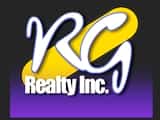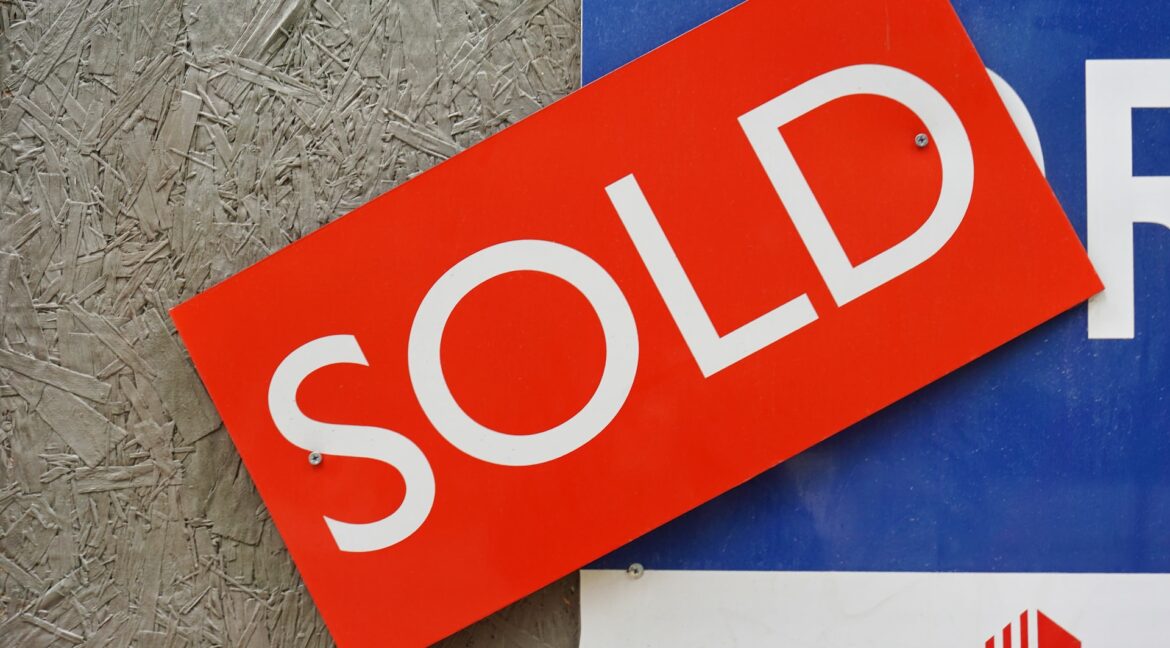It is impossible to pick an investment property casually and expect to turn a profit. So, you need to approach your selection a little more tactically. In order to make this possible, we have prepared a guide to the telltale of a profitable investment property.
Ready for business
The first telltale of a profitable investment property is that it requires no repairs. Now, note here we used the term ‘require’. Examples include a home with a fried electric system, a warehouse with a bad and leaky roof, or an office with wall cracks. This means that not only do you need to do at least a light renovation but also a much more serious and expensive one, to make the property usable. Obviously, this is not something that works in your favor.
First, you can’t start turning a profit on your investment quickly. Second, it can be costly and time intensive to do these repairs. Finally, you are looking for the best cost-effectiveness on your investment, and this is never it. Fixer-uppers only ever seem appealing on paper, and the first reality check will bust your dreams of saving money through them. So finding the property where you don’t have to invest further is the best deal possible.
Renovation potential
The second telltale of a profitable investment property is its renovation potential. You want to add value to your commercial property before you put it up for rent. However, you also want to spend as little money getting it presentable as possible. This way, it won’t eat into your profits and force you to wait months before you get any actual income from the property. ‘Easy’ renovation projects are:
- A fresh coat of paint.
- Replacing old windows and doors.
- Getting some decent furniture for the place.
Minor roof repairs also barely fall under this category. Any property requiring more will already start slipping out of the desirable tier. Especially if it features persistent problems that are likely to reoccur. Such as mold or wall moisture which seems to pop up out of nowhere. They’re also typical signs of more significant issues.
A decent neighborhood
The definition of a ‘good’ neighborhood varies depending on what sort of commercial property you want. For example, an office needs to be located in a relatively quiet part of the city with few to no regular disruptions. A warehouse is typically preferred in a location without too much regular traffic. Otherwise, the flow of traffic and potential traffic jams can interfere with the functioning of the warehouse. On the other hand, maybe you are planning to rent out to people to use as their home. In that case, it mostly comes down to the neighbors. If the location has unpleasant, loud, and generally annoying neighbors, it will hurt your commercial property’s appeal. Of course, it can be challenging to gauge whether this is the case. But, with a little effort, you can get the necessary information.
The right and desirable location
The next thing you should consider is the location of the property itself. Some areas are just more desirable than others due to their location within your city. For example, warehouses need to be located on the outskirts, but they also need to be near an easy access point to a highway. Business owners typically prefer having their offices near other business blocks and services they need, such as banks, government offices, etc. However, people looking to lease a home primarily focus on easy access to public transport. The home’s location is relative to their place of work and the distance from essential areas within the city. No one wants to live hours away from their kids’ school, for example.
The local demands
Something that requires research in order to yield a proper telltale of a profitable investment property is local demand. The reason is simple: not every city has the same commercial property needs. For example, a city with very few businesses does not need many offices. So, if you invest in one in this scenario, you are much more likely to waste your money than turn a profit. After all, you want to invest in a commercial property that people need. The good thing about doing your research is that you can also pin down how fierce the competition is. If there are a ton of people investing in offices and few who offer warehouses for rent, then even if warehouse demand is slightly lower, you should still opt for that investment.
Accessibility of amenities
Local amenities are another valuable way to gauge the desirability of a commercial property. They also defer depending on what kind of property you are looking to invest in. If you want to invest in office space, then you need to keep an eye out for restaurants, eateries, and shops in the area. Lunch break doesn’t last forever. So, business owners look for offices with easy access to food and other necessities that their employees can take advantage of. A family looking for a home, however, would prefer to live in an area that has easy access to parking space, shops, and leisure areas such as a park and is also known to be safe. Then, there’s also the accessibility of moving services in Maryland to consider since people want to team up with the right people for their move to the property.
Average rent prices in the area
The final telltale of a profitable investment property is the average rent prices in its area. After all, you are making an investment to turn a profit in the first place. If rent is extremely cheap in the area where the property is located, your earnings will be very thin. Add to that expenses such as renovation, and even knowing some insider real estate investment tips will not help you out much to recoup your losses!
Turning a profit with your commercial property investment
Using our guide on the telltale of a profitable investment property, you will be able to pick out a commercial property perfect for your needs. From there, all you need to do is put in the required prep work and wait for your profits to start streaming in!



